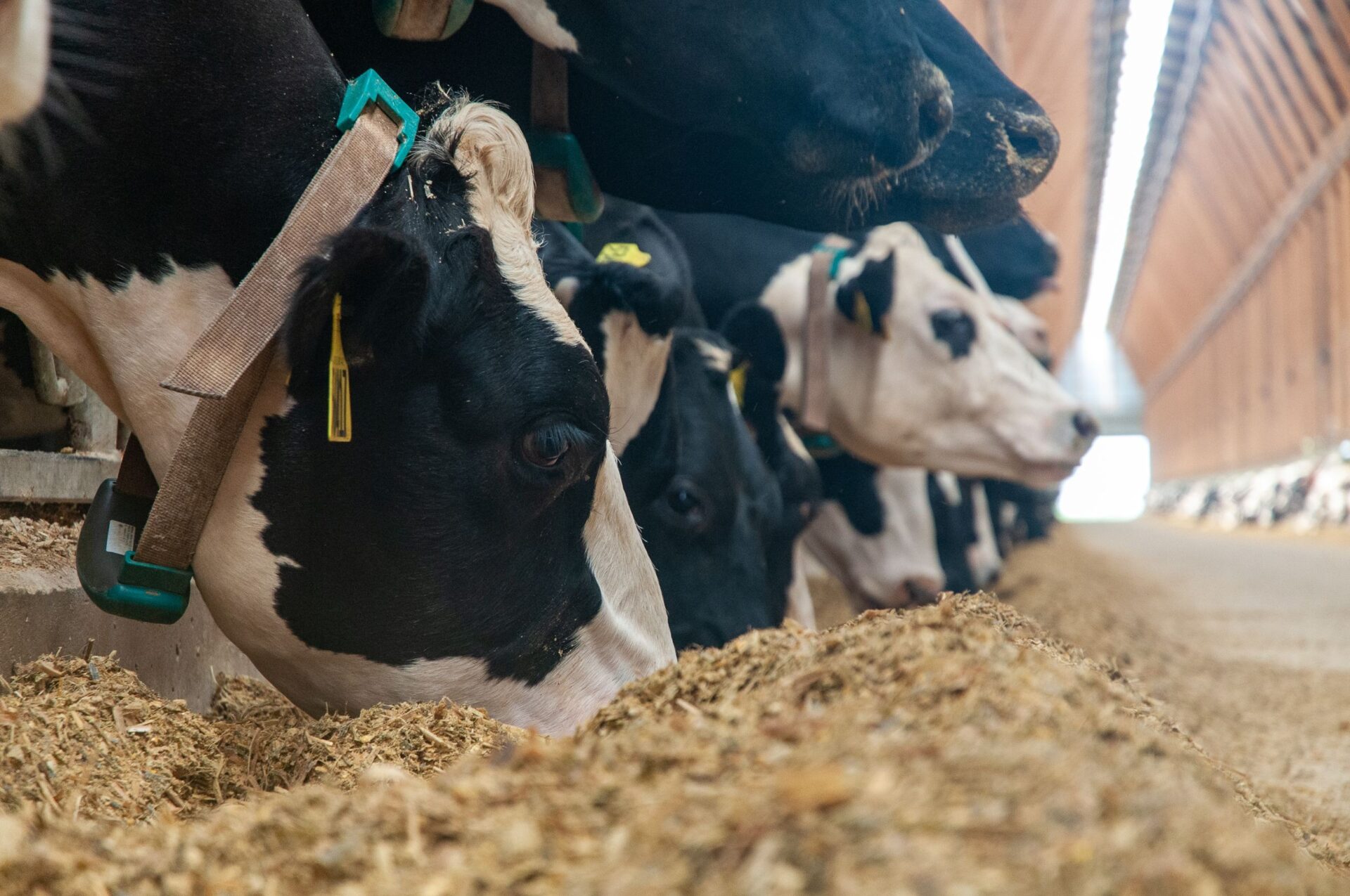VC firm Innova Memphis has expanded its livestock-tech roster with the addition of iYOTAH Solutions, a data management software platform geared towards the livestock industry. The firm recently led a $2.8 million Series A round for iYOTAH via its Innova Ag Innovation Fund VI, which is part of the Rural Business Investment Program (RBIP) bringing more capital to rural areas of the US.
The addition of iYOTAH to the Innova portfolio also underscores the firm’s focus on “high-potential” early-stage startups that build tools specifically for farmers and growers. When it comes to data management for that group, there’s a massive opportunity, says Innova.
Solving for ‘the swivel chair problem’
iYOTAH was founded in 2019 “with the intent to solve the data challenges the livestock industry is experiencing with multiple data sets and sources that don’t collaborate or drive actionable insights,” CEO and founder Kari Spaan tells AgFunderNews.
The company started out in the dairy sector, where data comes in many forms and from many sources: herd management, feed management, health data from wearables, and milk processing data, to name just a few.
All of this data needs to be collected and centralized before farmers can use it to make decisions about their operation. Much of that process is currently manual.
For example, one recent survey noted that more than half of farmers said using integrated data was useful. However, nearly half also stated they integrate their data manually. The majority of farmers not using integrated data cited “the lack of required software” and “lack of time.”
Spaan calls this the “swivel-chair problem.” In other words, farmers are constantly having to shift in multiple directions to various sources (digital or otherwise) to access and understand data.
“Throughout the dairy industry, one of the [operators’] biggest challenges you will hear about is that there’s never enough time,” she says.
“Producers and their surrounding community view time as a valuable commodity, and spending multiple hours to pull data together to make effective decisions is not an efficient use of this commodity. On top of this, the ‘challenge’ only gets worse with the adoption of more and more technology.”
“Because of [the lack of automated data management], there are multiple inefficiencies, lost profits and missed opportunities making it difficult to optimize operations.”
IYOTAH’s “business intelligence SaaS platform,” dubbed “nTell,” aggregates all of that disparate data “in order to simplify decision making, increase efficiencies and profits, and drive continuous improvement,” says Spaan.
“This is what the dairy industry needs right now to address the tight margins, and transform businesses from reactive to proactive,” she adds. “For some farms, identifying a half of a percent of efficiency can lead to millions of dollars of revenue or savings.”
iYOTAH’s product is partially in the market now; it will be fully commercialized in the second quarter of this year, at which point users will be able to self onboard.
A ‘huge opportunity’ for data management
Innova managing partner Jan Bouten highlights iYOTAH’s ability to work with large volumes of data as a standout feature of the company.
“It’s easy to build something small,” he tells AgFunderNews. “Then [companies] take it out there as the MVP [minimum viable product] and realize that at some point, it’s got to scale. That’s when they basically have to rip it all out and do it again, and that’s the best way to lose customers.”
This, he says, is especially true in agriculture, which is still very much a trust-based system. “You cannot go to a customer with a bad MVP because they talk to each other way more than in any other industry.”
Bouton also highlights iYOTAH’s focus on operations as an important area for future agtech innovation.
“There’s been so much focus in agtech on optimizing inputs, seed treatments, all these these specific things to do with the growing crops,” he says. “But the operations of the farms and the producers, it’s something there hasn’t been a lot of focus on. There are a lot of old systems out there that are very good at their one little thing, like monitoring. They have all these different data feeds that don’t talk to each other. A lot of them are stuck in spreadsheets or proprietary programs that are not in the cloud.”
Farmer-focused innovation
iYOTAH joins a few other livestock-tech companies in Innova’s portfolio, including animal health monitoring systems HerdDogg and Isomark, and pig operations management software from SwineTech.
Asked what challenges agtech can address for the livestock industry, Bouten suggests grappling with scale is one major issue, hence the new investment in an operations platform.
“In the whole protein sector, whether it’s milk or meat, the margins are so little per head you see the farms getting bigger and bigger,” he says.
By way of example, he says the average medium-sized pork producer does north of 1 million pigs per year, making $10/pig over time. To become a $10 million-profit company, the farm needs 1 million pigs.
“The only way to do that is scale.”
Another area that needs focus is bringing more economic benefit to producers.
“The farmers that spend the most time and invest the most in it get the least back, because it’s a commodity product. It’s the same in pork, beef, it’s the same in chicken. They have no power over pricing.”
At the same time, surveys have shown consumers are willing to pay more for premium meat. The trouble, suggests Bouten, is that producers don’t see any of that extra money coming down to them.
“Figuring out a way to connect consumer willingness to pay more with the farmer” is an as-yet unsolved problem the industry will need to address.
“I think that’s been tried with direct-to-consumer subscriptions, but how do you do that in a scalable way?” says Bouten. “I don’t have solution, but I’ll invest in it when I see it.”





